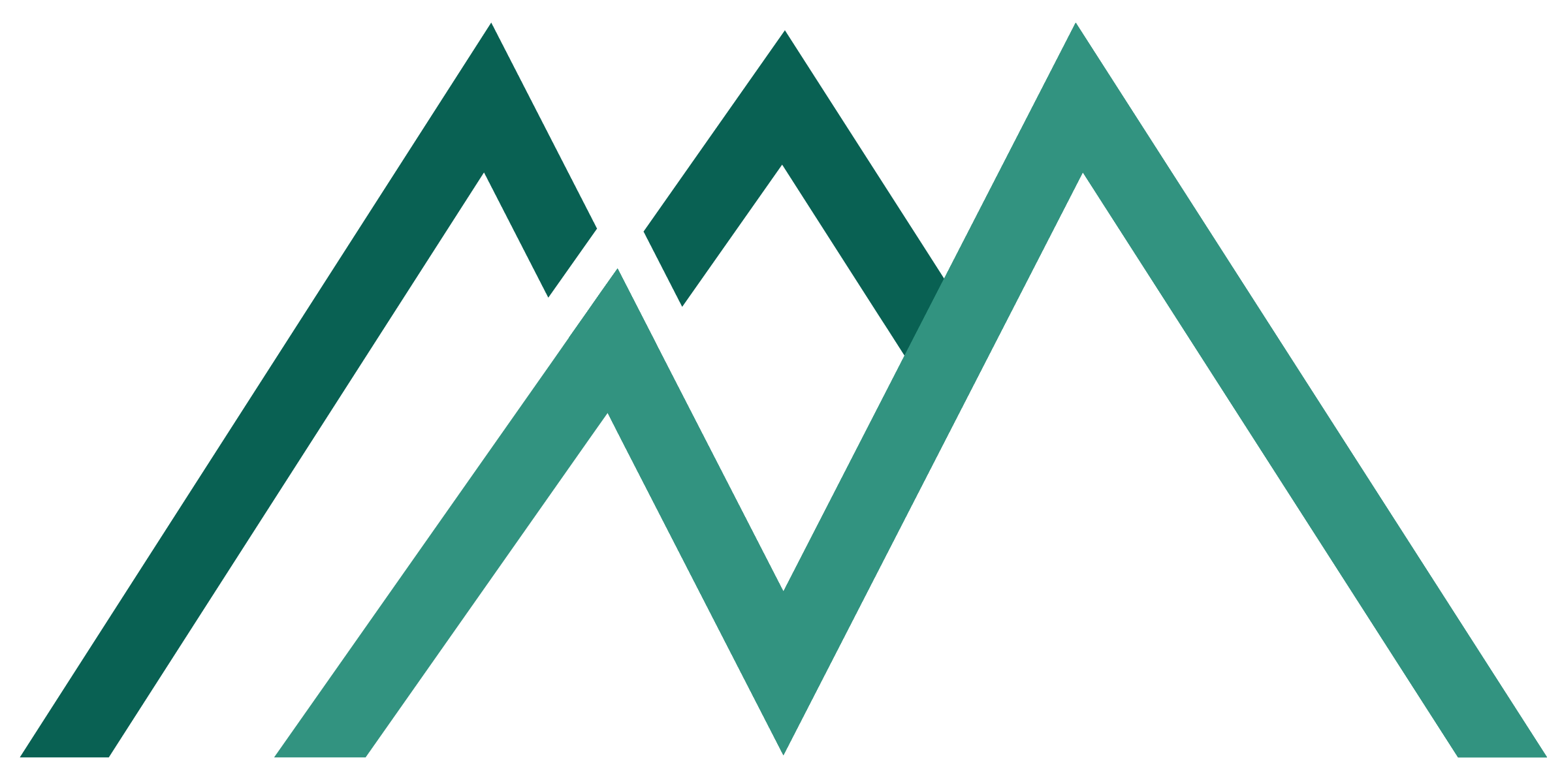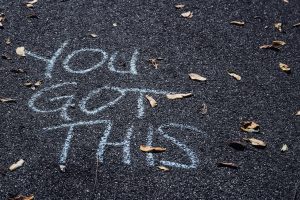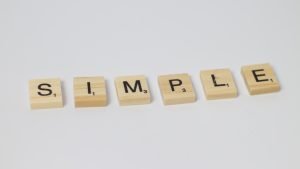Today’s episode is all about how to start off the new year properly to maximise the chances of you achieving your goals.
Key questions:
- How has my life improved this year, compared to last year?
- A lesson I am grateful for learning this year is…
- What is something I wanted to achieve this year, but didn’t?
- Do I regularly not achieve my new year’s goals? If not, why not?
- What is a challenge I consistently struggle with?
- Do I feel better or worse than this time last year?
- What, if anything, has taken a toll on my health this year?
Transcript
Hello and welcome back to another episode of the Minimal Minds Podcast, the show where we talk about all things self development. This is episode six, my name is Alex, and today we’re going to be talking about three ways to start 2023 the right way. Or any year, actually. Before we get into the topic of the show, uh, we’re going to talk about today’s sponsor.
The sponsor for today’s episode is me, that’s right. We have a sticker store. We’ve got four stunning designs. Inspired by the beautiful mountains of British Columbia. So if you enjoy the show and you find value in what we produce, go to theminimalminds.com/shop. Get yourself a sticker. Uh, they look great.
We ship anywhere in the world. So, don’t worry about that. Again, that’s theminimalminds.com/shop. Okay, into the topic of the show. I feel like I need some kind of transition sound. Professionally do this, but, uh, I don’t have one of those. So… New Year. You excited? Let me tell you, loyal listener, I am HYPED.
I am so excited, this year’s gonna be a big one, I am telling you. And hopefully your year will be just as good with these tips I’m about to give you. But first, we have to take a look at what a culturally normal New Year’s tradition looks like. So… The end of the year specifically is a very culturally significant event.
It’s a time when a lot more people than normal take a look at their lives and ask themselves whether they’re happy with what they’re doing and whether they’re happy with what their life looks like in general. It’s a time when people decide that they want to better themselves and they decide they want to set themselves some goals which usually are like, I want to start going to the gym.
And, I want to eat healthy, I want to be a healthy person. Very cool, very noble. Unfortunately, the percentage of people who actually keep these resolutions is very, very, very low. From what I could find on the internet, and please bear in mind I am not a researcher, it’s around 10-20% of people who actually stick to these goals.
That sounds right, doesn’t it? Let’s say, let’s say 15%. I imagine you are one of these people at some point in your life. I imagine you, just like me, have made a resolution that you have not stuck to. And it’s just a bit depressing, isn’t it? When you, when you set yourself a goal and you just fail continuously.
Now, I reckon this massive failure rate is a mix between poor preparation and poor planning, as well as an unrealistic expectation of what you can actually achieve within a year. Now, I don’t want that to be you next year, or me, so let’s get into these three steps. Step one, look behind you. Before you can have a successful new year, you’ve got to reflect on the current year you’ve just had.
Ask yourself, what resolutions did I set myself last year? Did I achieve them? Do you remember what your resolutions were? Did this year pan out the way that you actually anticipated? For this exercise I recommend you grab a pen and some paper and here are some thought provoking questions that will help you reflect on the year that you’ve just experienced.
How has my life improved this year compared to last year? A lesson I am grateful for learning this year is… what is something I wanted to achieve this year but didn’t? Do I regularly not achieve my New Year’s goals? And if not, why is that? What is a challenge that I consistently struggle with? Do I feel better or worse than this time last year?
And what, if anything, has taken a toll on my health this year? That could be mental or physical. So, the key message of step one is, if you don’t take the time to reflect on how this year went, There’s a good chance nothing will ever change. Moving on to step two, look forward. You have to know what you want, really specifically.
The most common New Year’s resolution, as mentioned earlier, is to be a healthier person. Whatever that actually means. But how do you know whether you’ve actually achieved it? If you can’t measure something, then you can’t achieve it. Your goals should be reasonable and realistic for you to achieve. The more challenging you make your goals, the less likely you are to actually achieve them.
Now, there is an opposite way of thinking in the self improvement space, where the idea is that you have a goal that is so outlandish and crazy that you won’t achieve it, but you will achieve more than if you hadn’t made that goal, if that makes sense. So, let’s say you want to be a millionaire. Uh, if you set yourself the goal to become a millionaire, you probably won’t make it.
But if you set yourself the goal to be a billionaire, then you might make more money and then become a millionaire? I don’t know. I I think that’s kind of dumb. Uh, in my opinion, you should set a minimum viable goal. So this means a goal that is The easiest possible to do that you are still happy with. A goal that if you achieve, you’ll be proud of yourself for having done it.
But it’s not so difficult that you just can’t do it. So let’s compare some realistic goals with some unrealistic goals. Let’s say you want to become a really good runner. You could set yourself the goal of running a mile a day. Is that realistic? Could you technically run a mile a day? Uh, yeah, you probably could if you really tried.
Um, but I, I think that’s unrealistic. Let’s change that to, I want to run for a minimum of 10 seconds a day. Can you run for 10 seconds a day? Yes, absolutely. Um, if you couldn’t run for 10 seconds a day, you probably don’t have legs. Now, in my experience, the hardest part of doing a goal is getting started, so if you can run for 10 seconds a day, you’ve already achieved the hardest part, which is to put on the shoes and go out of your house and actually start running.
Once you have started, it’s pretty unlikely that you’re going to stop in 10 seconds because you’ve already done the biggest hurdle. You don’t have to run for the entire mile, but it is more likely than you will than if you had said to yourself, I am going to run for a mile every single day. I want to read three books every month.
What does that mean? Can the books be ten pages long? Technically yes, but will you be proud of it? Probably not. Um, change that to I’m going to read for a minimum of five minutes a day. Again, the hardest part is actually picking up the book and actually reading it. So, hopefully, when you’re five minutes into your reading, you will want to continue reading because you’re actually enjoying it.
And it’s not a chore, because you know you have to trawl through three whole books in a month, which is kind of difficult, to be honest. Okay, and a final unrealistic goal is, I want to be a happier person. What does that mean? Who’s measuring it? Are you going to ask your family if you seem happier, or are you going to judge yourself?
Are you actually going to remember how you felt last year? Uh, unless you journal every single day of your life, that is pretty unrealistic. So, how about we change that to… I’m going to practice gratitude every morning. Um, what does that look like? Well, I’m going to wake up in the morning, I am going to get my journal out, and I’m going to write one thing I’m grateful for every single day.
That is really easy, and in a couple weeks you’ll be a happier person. Uh, but again, you can’t actually measure it, so, pfft, your mileage may vary. Okay, so step one was look behind you. Step two was look ahead of you. Uh, can you guess what step three is? Uh, I hope so. Look in front of you. So, this final step is all about making things easier for yourself.
To make your goals as obtainable as possible, uh, we’re gonna have to reduce your cognitive load as much as possible. What does that mean, cognitive load? Well, specifically, I mean you want to rely on your brain less and less so you actually have the energy for the things you want to achieve. So, this could look like a few things.
Uh, we could start with decluttering your house of things that don’t serve you so you don’t have to look at them or think about them anymore. Or maintain them. It could mean decluttering your phone and computer of things that distract you constantly. Uh, it could mean decluttering your life of people that bring you down and are just completely miserable.
It could also mean making sure that all your tools and possessions have a place so you don’t spend 20 minutes every day looking for things that you use all the time. And probably most importantly, it means using tools like a planner, or a calendar, or a commonplace book, or a second brain application, uh, like Obsidian or Notion or something like that, that would allow you to not have to rely on your brain to remember every single thing.
It’s exhausting. So you have all these tools available to you, why not use them? You may be thinking to yourself, Well, Alex, my favourite podcast host, I am just a naturally disorganized person. Um, well, sorry, but that is a complete excuse. Nobody’s born organized. It’s just a skill that people have learned, usually from their parents.
If your parents aren’t organized, you are probably not organized yourself. But it is really, really simple to learn. There are so many guides. It’s just something that you have to learn and stick to. And eventually… You will become organized. So, in summary, uh, step one, look back. You’ve got to reflect on the year you’ve just had.
Step two, you’ve got to look forward. You really need to know what you want and why you want it. You need an emotionally compelling reason for why you want these things. Step three, look in front of you. You need to remove the barriers that are going to hinder you from achieving the year that you want to have.
Don’t make it hard for yourself, make it easy for yourself. And step four, go to my website and subscribe to my monthly newsletter, please. Thank you so much I hope you enjoyed today’s episode. This one’s been quite a fun one to record I hope you have an amazing new year, whatever you are doing. I’ll see you soon for episode seven.




